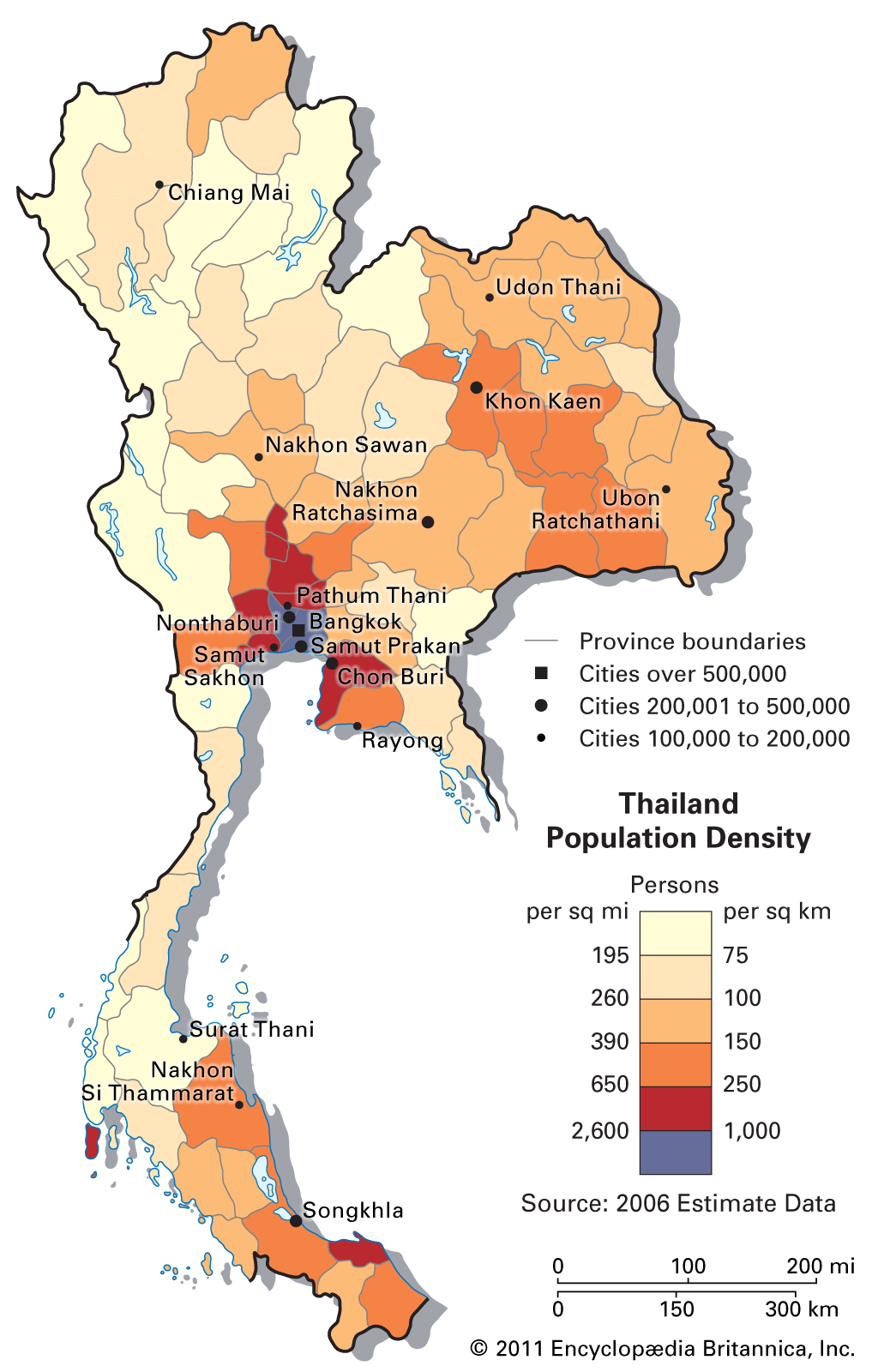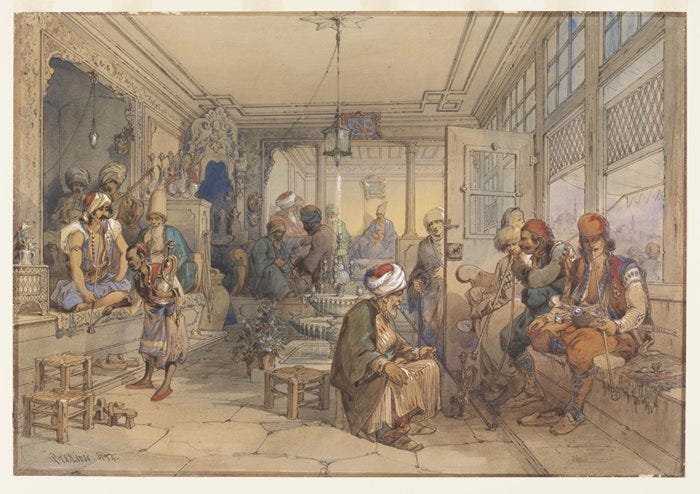Historic Cannabis Partnership Solidifies Thai Cannabis' Global Status
Thai medical cannabis exceptionalism; Thai industrial hemp innovations; The necessity of personal cultivators and consumption lounges for educating consumers; Thai Cannabis Act due in March
Thai Cannabis Goes Global
The partnership between SOMAÍ Pharmaceuticals and Pacific Cannovation Company Limited (PACCAN) marks a significant step in transforming Thailand into a global hub for high-quality medicinal cannabis.
This collaboration integrates the urban and rural sectors of the Thai cannabis industry by leveraging traditional Thai medicine principles alongside advanced extraction technology and a sophisticated international distribution infrastructure.
“Without doubt, Asia will represent one of the biggest markets for medical cannabis products because of its rapidly aging population. At the same time, Asian producers such as PACCAN will introduce high quality products to the global markets through this partnership platform. Finally, looking to the future, I am confident that this partnership will lead to more innovations and product developments across the spectrum of herbal medicines, above and beyond medical cannabis.” – Joe Trairatanobhas, CEO Pacific Cannovation (PACCAN).”
SOMAÍ brings expertise in managing complex regulatory landscapes, ensuring that only EU-GMP-certified products are distributed across Europe and beyond; PACCAN represents Thailand's commitment to responsible and ethical cannabis production, acting as SOMAÍ's gateway to Asia.
We are witnessing the evolution of a cannabis industry built on a new understanding of medical cannabis - a marketplace independent of the fatuous, legalistic assumption of a sharp distinction between the recreational use and medical use of cannabis.
Both Somai and PACCAN include innovative cannabis tincture therapies, tablets, vapes and high-quality dry cannabis flower. Both companies recognize the medicinal qualities of THC and do not believe in its supression; it appears that Thai policymakers concur.
Thai policy aligns with the three echelons of medical cannabis laid out by Dr. Ethan Russo, i.e., that a serious program is made up of:
Pharmaceuticals
Supplements and nutraceuticals
Herbal (dried cannabis flower)
To date, Thailand has been less comprehensive in its promotion of the three access channels for medical cannabis. More on this in a minute.
Meanwhile, in California for instance, where the recreational/ medical distinction remains operative, recent innovations would infuse junk food and sugary sodas with entirely synthetic THC.
“Recreational use” is going the way of all fabricated jargon: it is being applied to corrupt practices. In this case, the term covers unhealthy consumable goods. Why feign interest in the well-being of consumers or the integrity of plant-derived compounds if it is a product for mere recreation?
Add to this California cannabis’ rampant use of illegal pesticides in legal cultivation centers and you have a snapshot of a future dystopian marketplace based on the institutionalization of a concept bereft of meaning from the outset of its attempted use.
The Somai- PACCAN partnership reflects Thailand’s new understanding of medical cannabis as a term that refers to the quality and purity of the cannabis product, not the private intentions of the consumer.
Key aspects of this partnership include:
- Global Distribution Network: SOMAÍ's extensive network spans 12 countries, providing a platform for Thai cannabis to reach global markets.
- Quality Assurance: The partnership ensures that products meet the highest quality standards, with plans for future product development and clinical trials.
- Integration of Traditional and Modern Practices: By combining traditional Thai medicine principles with advanced extraction technology, the partnership aims to create innovative and effective cannabis-based therapeutics.
As Thailand prepares to enact its Cannabis Act by March 2025, this collaboration is poised to lead the nation's transformation into a center for plant-based medicines in Asia. The partnership between SOMAÍ and PACCAN not only elevates Thai cannabis to global prominence but also sets a new standard for cross-continental collaborations in the cannabis industry.
It remains an open question however, whether the public is in a position to carry out efficacious medical therapies. Most doctors suffer from blind ignorance of the impact of cannabis on personal health. For many, the total ignorance of medical cannabis is coped with by clinging to pre-scientific stigmas that render cannabis an unspeakable transgression against common decency.
The Cannabis Care Crisis
What if there was a way to sprinkle expert cannabis knowledge across the group of cannabis consumers and the cannabis curious?
It is one thing to produce and efficiently distribute effective cannabis medicine to a global market. It is quite another to guide patients and consumers in choosing the right medicine. Dr. Ben Caplan explains the impasse:
“The lack of formal cannabis education in both medical schools and dispensaries underscores a systemic gap in healthcare. While cannabis has immense potential to alleviate suffering—from easing arthritis pain to improving sleep—it must be treated with the same level of precision as any other medical therapy. Patients deserve tailored, evidence-based recommendations that account for their unique needs, not one-size-fits-all advice. Until the system prioritizes proper training and science-driven care, the promise of cannabis will remain unfulfilled for far too many.”
The best minds in cannabis have yet to solve for ignorance among health professionals and individual consumers.
Earlier I mentioned that three access channels necessary for a serious medical cannabis regime. They are:
Dispensaries
Personal cultivators
Consumption lounges
If we are to take seriously the claim that what determines that cannabis use is medicinal is the quality of the product and not the intention of the consumer, a top priority must be ease of access.
Thailand is virtually alone in its assumption that medical cannabis and over-the-counter sales are compatible.
Everyone agrees that education is the key; yet traditional methods such as coursework and quizzes have made little headway.
Personal Cultivators & Consumption Lounges: Practical Education
Personal cultivators, if they are to succeed, must embark on a journey of ideas, techniques and facts.
Every personal cultivator is a living, breathing knowledge base.
Thailand can begin to spread actionable advice across the country by revamping its registration process for growing at home; currently, non-Thais cannot access the registration form on the home-grow App sponsored by the Ministry of Health.
This mistake can be corrected by writing in the promotion of home-growing for all residents before March 2025, when the Thai Cannabis Act is due to be ratified.
In the same way, consumption lounges ought to be promoted as places to medicate and learn about the herb.
The purpose of consumption lounges would be to gradually increase understanding and general knowledge about the plant and its uses.
Consumption lounges are the ideal conduits for the dissemination of cannabis knowledge.
Serious About Cannabis; Serious About Hemp
Consider the latest innovation from Thailand, where researchers have developed the country's first bulletproof vests made from hemp.
This breakthrough is not just about creating durable protective gear; it reflects broader trends in materials, science and sustainable production.
The vests, crafted by Professors Phanomkorn Kwah and Sutha Loi Duean Chai from Khon Kaen University, were tested by police officers in Khon Kaen province. The results were impressive: bullets merely dented the hemp plates without penetrating them.
The vests are not only effective but also lightweight and affordable, costing about 8,000 baht (approximately 190 GBP) each.
Hemp's rapid growth rate and minimal environmental impact make it an attractive choice for sustainable production. It matures in just four months, requires little water or pesticides, and can thrive in diverse climates and soils. This efficiency in cultivation could pave the way for more locally produced, cost-effective protective gear.
Thailand's hemp bulletproof vests represent a convergence of technological innovation, environmental sustainability, and economic practicality.
This achievement highlights the unique properties of hemp fibers when combined with plastic resin, creating a material that rivals steel in strength while offering superior force distribution.
Alas, Thailand is beginning to look like Mr. Anutin’s initial cannabis dream: as early as 2021, as Health Minister, the current Deputy Prime Minister was advocating a common sense legalization regime leading to Thailand’s undisputed position as Asia’s cannabis hub.






